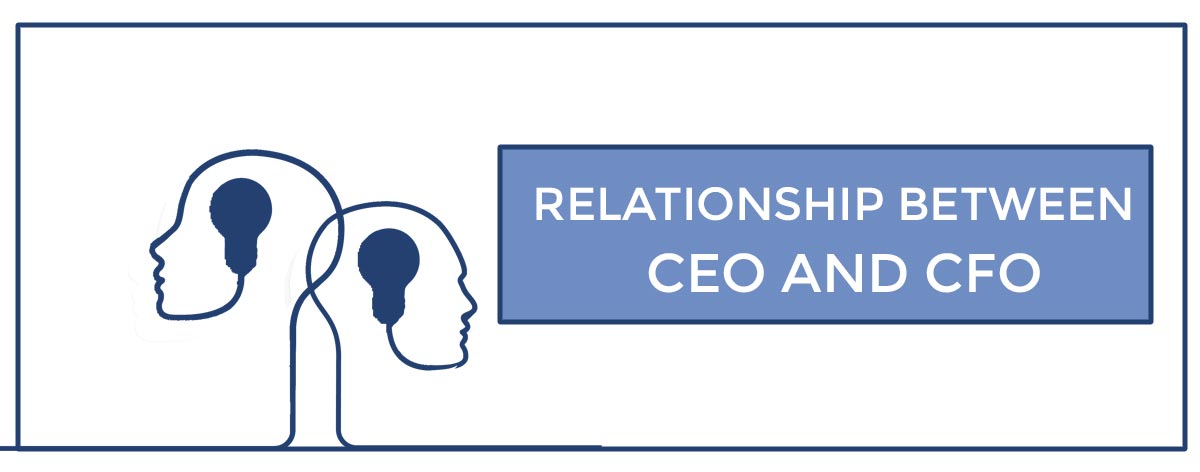The Chief Executive Officer (CEO) and the Chief Financial Officer (CFO) are very important positions in the corporate structure of an organization. Both are Key Managerial Personnel (KMPs), with defined roles and responsibilities, under the Companies Act, 2013.
The CEO is the highest-ranking executive in a company. His primary responsibilities include making major corporate decisions, managing the overall operations and resources of a company, acting as the main point of communication between the Board of Directors (the Board) and the management, and being the public face of the company. A CEO is appointed by the Board.
While the CEO’s role is size-neutral, the scope of responsibilities can vary from company to company, depending on size. In large corporations, CEOs typically deal mainly with very high-level strategic decisions and those that impact the company’s overall growth. In smaller companies, CEOs often are more hands-on and are involved with day-to-day functions.
The CFO is the senior executive, principally responsible for managing the financial actions of a company. The CFO’s duties include, but are not limited to, tracking cash flow and financial planning as well as analyzing the company’s financial strengths and weaknesses and proposing/ making corrective actions.
In recent times, the CFO’s role has expanded considerably. As distinct from an accounts function, the finance function is often centre stage when dealing with M&A, and putting together and executing major policies of the company’s strategy.
Team CEO-CFO
Even though their roles might be different and distinct, the CEO and the CFO are the complementary strengths of top management.
A wise CEO knows he/she only stands to gain from the support and counsel of a strong CFO. The two of them must be able to work in tandem, complementing each other’s skills so that they can improve organisational performance in a way that is sustainable and has integrity. Some leaders refer to this relationship as akin to that of the pilot and the copilot in a cockpit.
A CEO must build a partnership with the CFO, rather than only a reporting relationship. The CEO is the person to whom the CFO reports, but the relationship should be built on the ability of each to influence the other, rather than on formal authority. If the CFO has potential, she/he could be groomed to be the future CEO of the company.
A CFO acts as the conscience of the business. She/he can give valuable inputs and advice to the CEO. The CEO should consider the CFO as a strategic partner and advisor. The CFO’s function is not a mere accounting function.
When it works well, the partnership of a CEO and CFO creates a value greater than the sum of its parts, giving the company the strength to deliver results in a sustainable manner. Ultimately, both of them act as agents of change, driving better performance.

